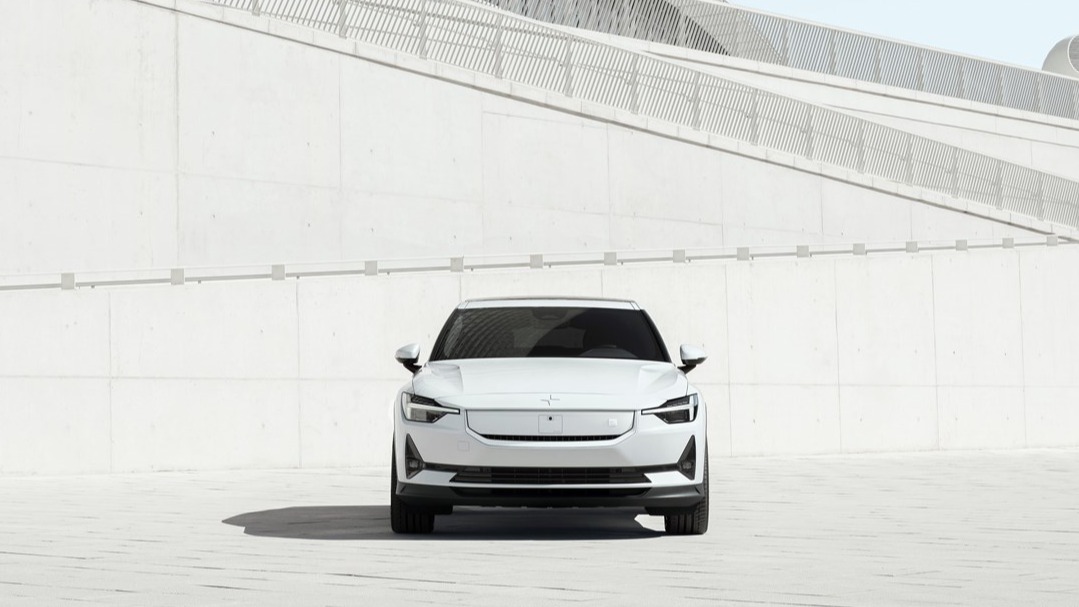Swedish carmaker Volvo has said that it will end production of any remaining diesel vehicles by early 2024.
The company has committed to going fully electric by 2030, and has heavily invested in electric vehicle (EV) brand Polestar.
Volvo said that cars with diesel engines made up just 8,9 per cent of its sales in 2022 – a far cry from 2019 when diesel made up the majority of its sales in Europe. The company’s official sale stats for August showed a third of sales being full-electric or hybrid models with the rest being combustion-engine models.
In a statement, Volvo said: "In a few months from now, the last diesel-powered Volvo car will have been built, making Volvo Cars one of the first legacy car makers to take this step.”
A steep decline in diesel sales across Europe can be rooted in Volkswagen’s emission-cheating scandal that saw many of its vehicles fitted with inhibitors which gave an impression of lower emissions. Diesel sales made up more than 50 per cent of all new car sales in Europe in 2015; in July 2023 that figure stood at just over 14 per cent.
In a major push for its EV brand Polestar, Volvo last month announced that it would stop selling saloon and estate models in the UK, with only SUVs being shipped to the market. The company last year opened a high-profile showroom in the newly redeveloped Battersea Power Station shopping centre.
Latest News
-
Universal Music Group partners with Nvidia to create antidote for 'AI slop’
-
East of England Co-op finalises test of digital shelf edge communication platform
-
Barclays makes strategic investment in Ubyx
-
XFusion hires Chinese investment bank in preparation for IPO
-
UK orders X to tackle Grok deepfake abuse as Ofcom steps in
-
Intel bets big on 18a with Panther Lake as rivals tout AI gains
The future-ready CFO: Driving strategic growth and innovation
This National Technology News webinar sponsored by Sage will explore how CFOs can leverage their unique blend of financial acumen, technological savvy, and strategic mindset to foster cross-functional collaboration and shape overall company direction. Attendees will gain insights into breaking down operational silos, aligning goals across departments like IT, operations, HR, and marketing, and utilising technology to enable real-time data sharing and visibility.
The corporate roadmap to payment excellence: Keeping pace with emerging trends to maximise growth opportunities
In today's rapidly evolving finance and accounting landscape, one of the biggest challenges organisations face is attracting and retaining top talent. As automation and AI revolutionise the profession, finance teams require new skillsets centred on analysis, collaboration, and strategic thinking to drive sustainable competitive advantage.
© 2019 Perspective Publishing Privacy & Cookies








Recent Stories